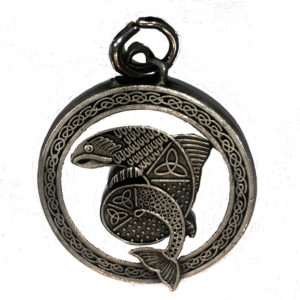Is minic a chealg briathra míne cailín críonna.
Is minic a chealg briathra míne cailín críonna.
Many a prudent girl was led astray with honeyed words.
Note: The translation given above of this week’s proverb may have been been influenced by the English poet, Elinor Hoyt Wylie. She wrote a poem in 1923 called Pretty Words with a more subtle warning;
Honeyed words like bees,
Gilded and sticky, with a little sting.
The above translation was given in Ó Dónaill’s Foclóir Gaeilge – Béarla. It appears to have softened the tone. The verb ‘cealg’ means ‘deceive’ while ‘led astray’ is more of a euphemism. Ironically, ‘cealg’ also means ‘sting,’ as when an insect bites. Is this the reason the translator in Ó Dónaill led the reader astray with a loose translation?
Honey is not actually mentioned in this proverb. Poetic license was apparently taken translating ‘míne.’ It does not mean honeyed. Maybe, the translator used it as a metphor for the genitive form of the noun ‘gentleness.’ Or perhaps it was a word play on the other meaning of ‘caelg.’ “Words of gentleness stung many a prudent girl.”
The given translation is in the passive voice which does not exist in Modern Irish. Maybe, the translator preserved an Old Irish form, which had a passive voice. Maybe, he used the passive voice to accentuate the woman as a victim. In any case, a more literal translation would be in the active voice. “Words of gentleness deceived many a prudent girl.”
